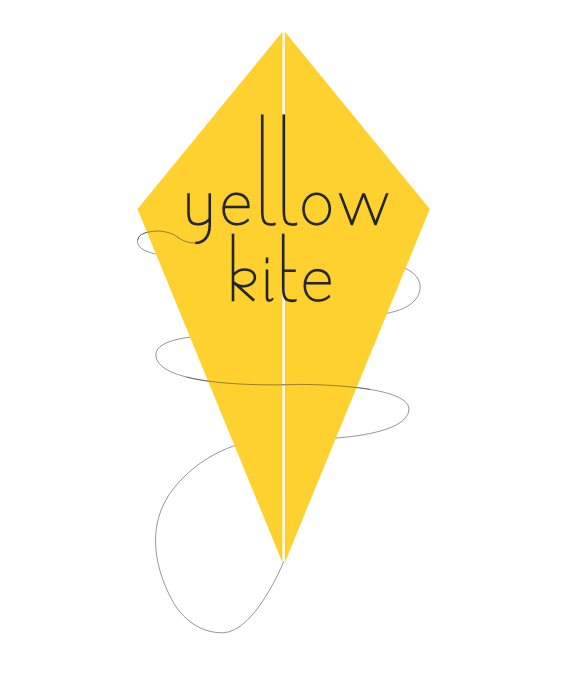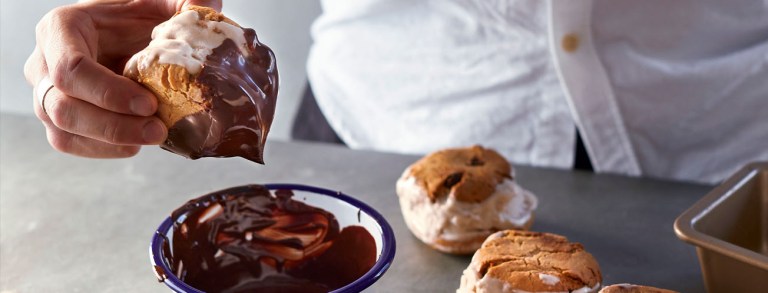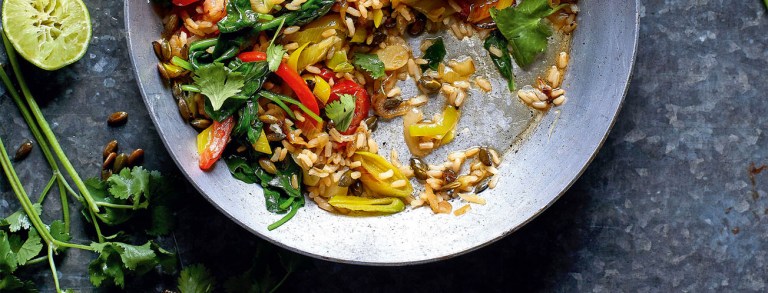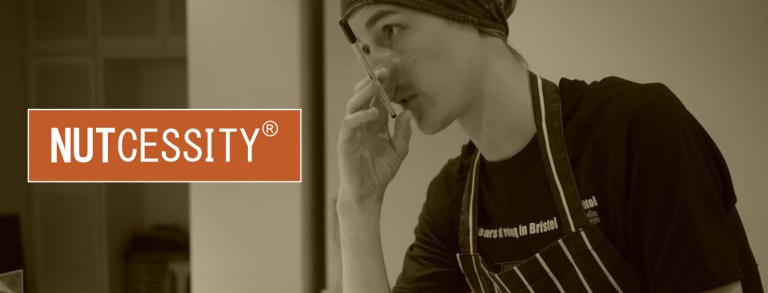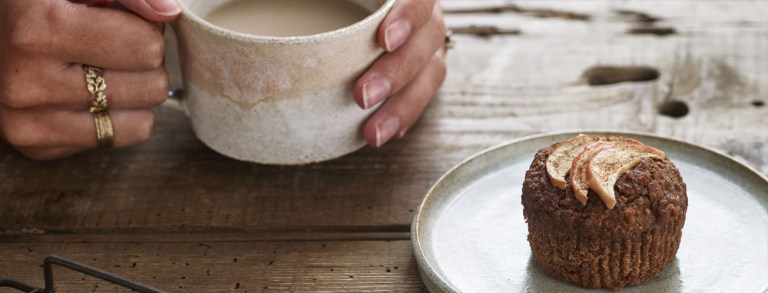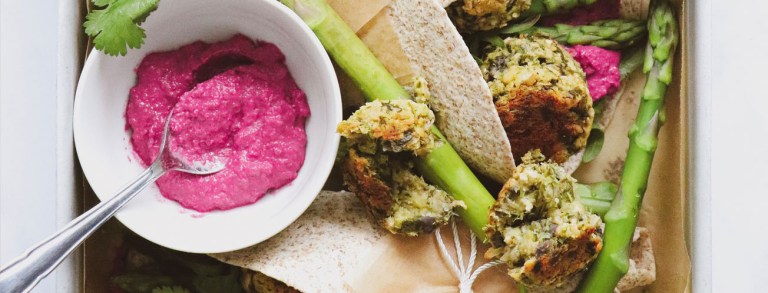Scientist and Author of Baby Food Matters: A Day In The Life
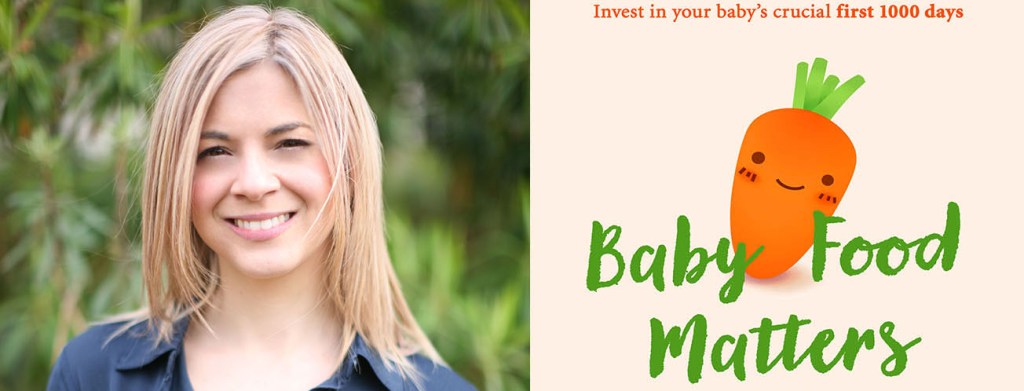
Clare Llewellyn leads the Obesity research group at University College London (UCL) and is the director of the Gemini twin study, the largest of its kind to explore the origins of babies’ and children’s eating behaviour. In her new book Baby Food Matters, she and co-author Dr Hayley Syrad use scientific evidence to explore what and how to feed your child to help them develop life-long healthy eating habits.
Clare says: I’m not an early riser – but I wish I was! I have better clarity of mind, and more imaginative ideas in the evening and late at night. I typically get up for work at about 7:30 am, and the very first thing I do is make a cup of tea. After that, I’m ready to start the day. I live in South London and most days I take the tube to UCL to start work at about 9.30 am. When the weather’s good – and I’m feeling brave! – I cycle, which takes about 30 minutes door to door. This is such a lovely thing to do when the sun is shining and I really enjoy it. Lunch I tend to eat on the go. When I’m well-organised (which is rare!) I bring my own in – which has pretty much always been prepared by my amazing partner – but most days I venture out and take advantage of the many varied food stalls and markets around the university that sell fab street food.
I tend to finish work between about 6:30 or 7 pm – although when things are busy I have to put in pretty long hours. After work I try to switch off as much as possible. Spending quality time with friends and family is my favourite thing to do; for me it’s the best way to wind down after a long day. I try to take advantage of everything London has to offer – theatre trips, music, restaurants, walks and cycle rides. I also love reading and gardening. I don’t have many routines in my life – I’m too disorganised! – but I enjoy running outside as regularly as I can, and going on long bike rides at weekends.
I’m a curious person and love discovering new things, so a career in scientific research really appealed to me. I chose to study children’s eating habits because I was a pretty fussy eater as a child, and continued to be until I was a young adult. It didn’t just drive my parents mad, but it affected me too. I felt envious of friends with adventurous palates, who could try whacky new foods with no anxiety at all. So I have always been intrigued by the fact that we all have such different relationships with food. Why? Where does this come from? Is it our early learning experiences with food, or do we inherit these tendencies? These are the questions I have been able to answer through my research with twin children.
To become a scientist you usually need to do a PhD after an undergraduate degree. The minimum amount of training is six years, although it is often much longer than this. Having said that, the training doesn’t (and shouldn’t) feel like a slog – for me it was one of the most fulfilling things I have ever done. The best way to find out if a job in research is for you is to get some experience in a lab whose work interests you – either on a voluntary basis while you study, or as a fully paid Research Assistant (for which you only need an undergraduate degree). This can be a really fun job, and allows you to dip your toe in the water without too much commitment.
My first degree was actually in Theology, so I can translate the New Testament from Greek to English! I then worked on the commercial side of a pharmaceutical company for a few years, but I spent the whole time wanting to work on the research side. That‘s why I left and pursued a career in science – and I’ve never looked back. It was during my undergraduate training in Psychology that I was drawn towards the role of psychology in health. After this I did a Masters in Health Psychology followed by a PhD. As part of my PhD I helped my late mentor Professor Jane Wardle set up the Gemini twin study I now lead. Following my PhD I undertook two years of postdoctoral training, before taking up my lectureship at UCL.
Mentoring early career scientists and supervising PhD students is my favourite part of my job. It’s great to support talented new scientists to achieve their full potential. You develop a special relationship with students over the course of their PhD; together you navigate through the highs and lows, and it’s incredibly rewarding to watch them grow both personally and professionally. Many have since become close friends. My least favourite part of the job is the admin – particularly the emails – arghhhh!
The most useful advice I’ve ever received is to not compare yourself to others; social comparison is the thief of joy. Like many people though, I’m rarely able to abide by this – I spend much of my life battling Imposter Syndrome! My late mentor Professor Jane Wardle is my role model. Not only was she an amazing scientist, but she was an incredibly wise and empathic person too. She had the ability to be totally frank about things, while offering support, warmth and guidance. One of the most important things she taught me was that few people ‘have it all’, whatever it looks like from the outside.
As a child I wanted to be an acrobat in the circus. I was a gymnast so this seemed like a reasonable idea to my 7-year-old self. But when I developed a fear of heights, this ambition lost its appeal!
My favourite 3 apps are:
Spotify, Twitter and BBC news.
